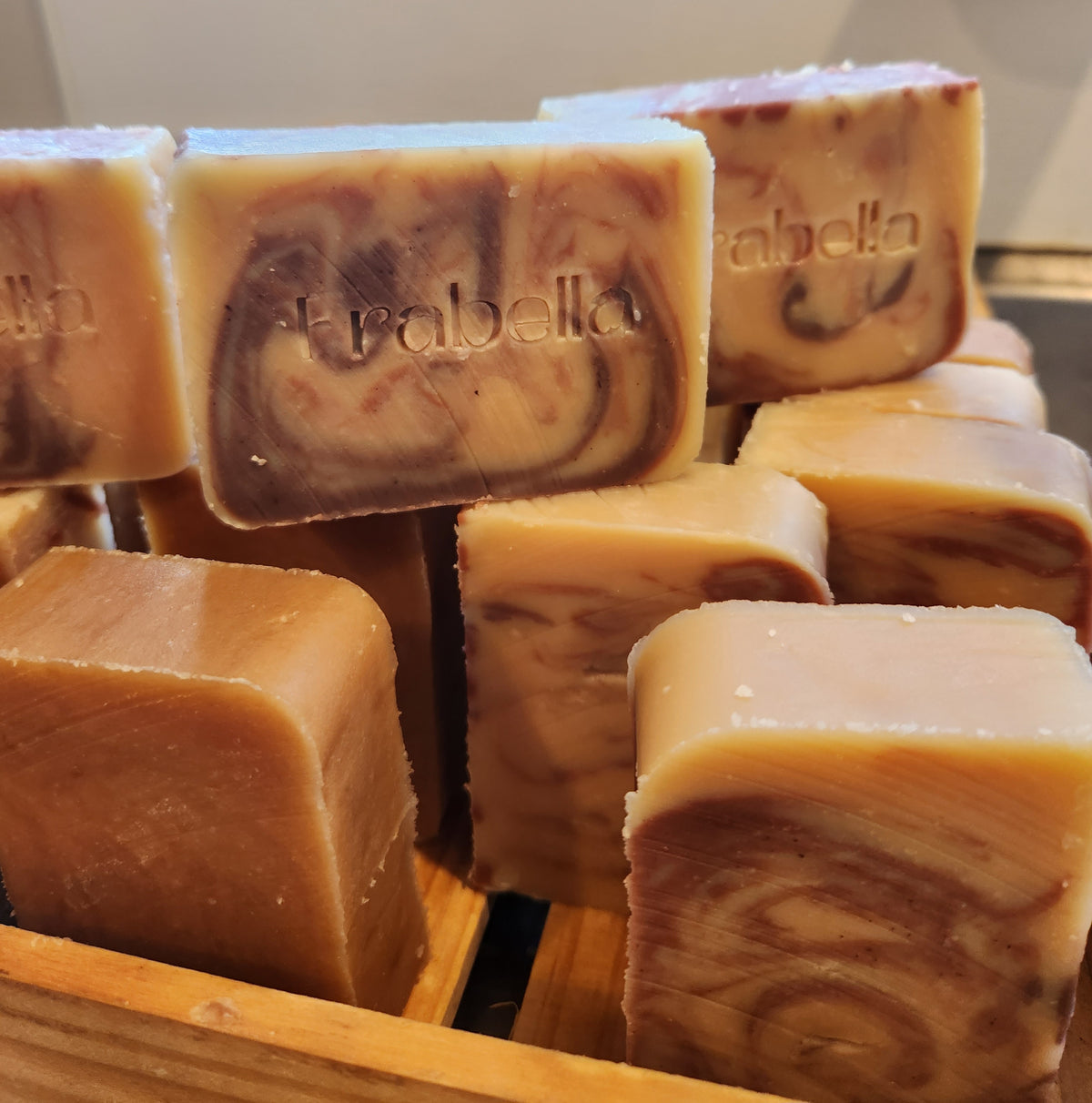- Regular Price
- $19.99
- Sale Price
- $19.99
- Regular Price
- $19.99
- Unit Price
- per

The Herbal Renaissance: Tracing the History of Herbs in the Skincare Industry and Their Profound Impact on Beauty Today
In an era dominated by cutting-edge technology and advanced scientific breakthroughs, it might seem counterintuitive to turn to age-old remedies for skincare. However, the history of herbs in the skincare industry reveals a fascinating journey of discovery, tradition, and a deep understanding of the benefits that nature's bounty can offer. From ancient civilizations to modern beauty enthusiasts, the use of herbs in skincare has transcended time and continues to shape the beauty industry as we know it today.
A Glimpse into the Past: Ancient Origins
The practice of using herbs for skincare dates back millennia. Ancient civilizations such as the Egyptians, Greeks, and Chinese were pioneers in harnessing the power of herbs to enhance beauty and preserve youthful skin. Cleopatra, the renowned Egyptian queen, was known for her beauty rituals that often involved ingredients like aloe vera and frankincense. Similarly, the Greeks incorporated herbs like rosemary and lavender into their skincare routines, recognizing their soothing and rejuvenating properties. The Chinese, with their rich herbal knowledge, used ingredients like ginseng and green tea for their skincare benefits.
The Wisdom of Traditional Medicine
As time progressed, various cultures around the world continued to refine their understanding of herbal skincare. Traditional systems of medicine, such as traditional Maori medicine and Traditional Chinese Medicine (TCM), offered comprehensive frameworks for utilizing herbs in skincare and wellness practices for healing both inside and outside the body. These systems emphasized the balance of energies within the body and the use of herbs to address skin concerns holistically.
Herbs in Modern Skincare: Benefits and Evolution
The resurgence of interest in natural and holistic approaches to skincare in the late 20th century breathed new life into the use of herbs. Scientific research began to uncover the specific compounds within herbs that were responsible for their skincare benefits. Herbs like chamomile were found to have anti-inflammatory properties, making them effective for soothing sensitive skin. Calendula was recognized for its wound-healing abilities, while antioxidants in green tea became celebrated for their protective effects against environmental damage.
One of the key advantages of incorporating herbs into skincare is the gentle yet effective nature of these ingredients. Many synthetic skincare products can cause irritation or adverse reactions, especially for individuals with sensitive skin. Herbs, however, often offer a milder alternative that addresses skin concerns without causing undue stress to the skin barrier.
Herbal Ingredients Transforming the Beauty Landscape
The impact of herbs on the modern beauty industry is nothing short of transformative. Today, a stroll down the skincare aisle reveals an array of products prominently featuring herbal ingredients. Herbal extracts, essential oils, and plant-based actives have become staples in moisturizers, serums, masks, and cleansers.
Tea Tree Oil: Known for its antibacterial properties, tea tree oil has become a popular ingredient in products targeting acne-prone skin.
Hyaluronic Acid from Marshmallow Root: Derived from marshmallow root, this natural hydrator has revolutionized moisturizing products due to its exceptional ability to retain moisture.
Turmeric: With potent anti-inflammatory properties, turmeric has found its way into skincare formulations targeting redness and inflammation.
Aloe Vera: This desert plant's soothing properties make it a go-to for calming irritation and promoting healing.
Witch Hazel: A natural astringent, witch hazel has been used for generations to tighten pores and balance oily skin.
Rosehip Oil: Rich in vitamins and fatty acids, rosehip oil is celebrated for its ability to nourish and rejuvenate the skin, helping to reduce the appearance of scars and fine lines.
Cultivating a Greener Future for Beauty
The increasing consumer demand for natural, sustainable, and ethically sourced products has propelled the use of herbs in skincare even further. Brands are investing in eco-friendly packaging and responsible sourcing to align with the values of conscious consumers. Furthermore, the trend towards transparency in skincare has led to a deeper appreciation for the simplicity and authenticity of herbal ingredients.
In Conclusion
The history of herbs in the skincare industry is a testament to the enduring wisdom of ancient civilizations and the ever-evolving synergy between nature and science. From the earliest applications of herbs by ancient cultures to the cutting-edge formulations of today, herbs have left an indelible mark on the beauty industry. Their holistic benefits, gentle efficacy, and alignment with modern ideals of sustainability and wellness ensure that the herbal renaissance in skincare is here to stay. As we continue to uncover the secrets that herbs hold, we are reminded that the true essence of beauty often lies in the embrace of nature's gifts.
0 comments